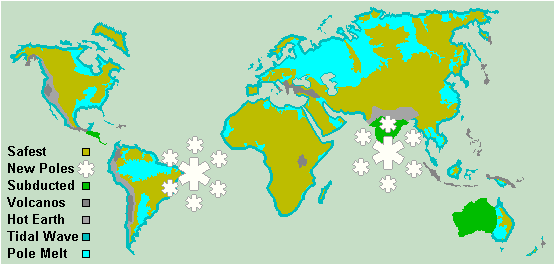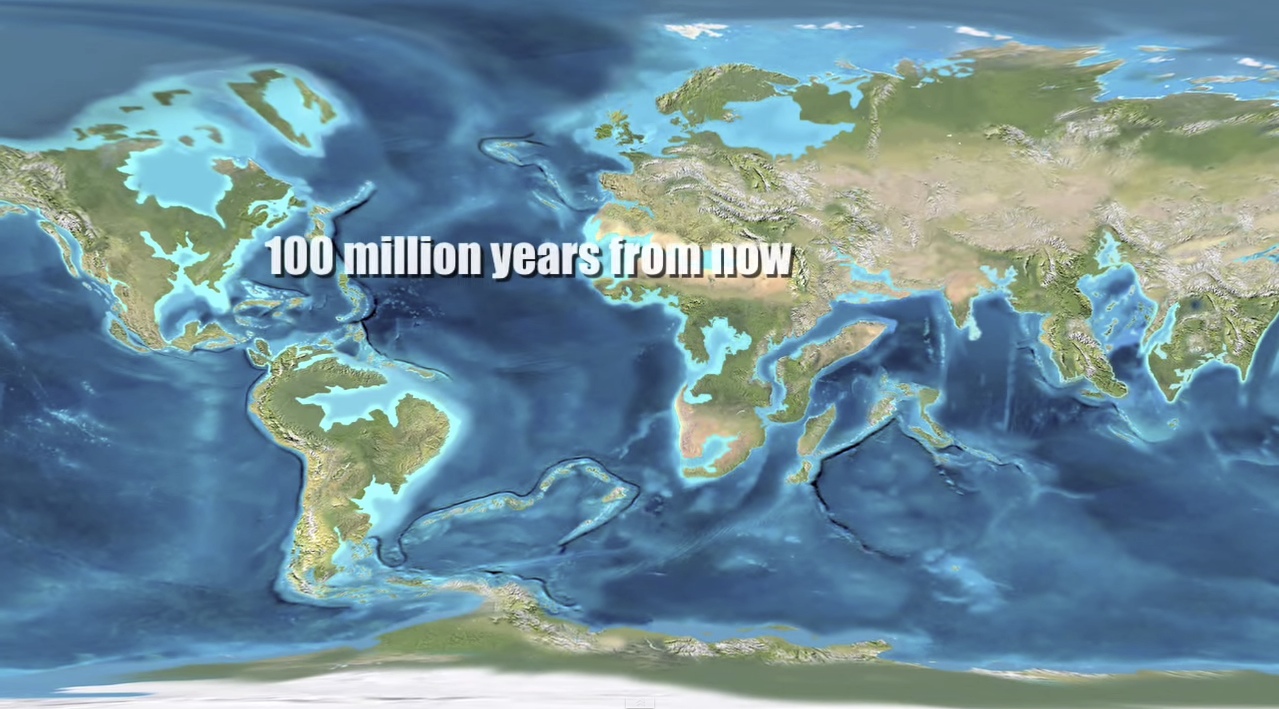

that the dystopia of the novel had not been realized. In the year 1984, however, there was much self-congratulatory coverage in the U.S. the information transmitted over television screens came to constitute a dominant portion of people’s social and psychological lives. In 2017, television watching was slightly down, to eight hours, more time than we spent asleep. In 1949, when the novel was written, Americans watched on average four and a half hours of television a day in 2009, almost twice that. In the words of Italian essayist Umberto Eco, “at least three-quarters of what Orwell narrates is not negative utopia, but history.”Īdditionally, scholars have also remarked how clearly “1984” describes the present. The dominant reading of “1984” has been that it was a dire prediction of what could be. In the 1930s Germany had a working videophone system in place, and television programs were already being broadcast in parts of the United States, Great Britain and France. Orwell’s telescreen was based in the technologies of television pioneered prior to World War II and could hardly be seen as science fiction.
#THE WORLD AFTER US SERIES#
The society portrayed in “1984” is one in which social control is exercised through disinformation and surveillance.Ī publicity photo on the set of the CBS anthology television series ‘Studio One’ depicts a presentation of George Orwell’s ‘1984.’ CBS Television Smith lives in a constant state of uncertainty he is not sure the year is in fact 1984.Īlthough the official account is that Oceania has always been at war with Eurasia, Smith is quite sure he remembers that just a few years ago they had been at war with Eastasia, who has now been proclaimed their constant and loyal ally.

Smith works at the Ministry of Truth, and his job is to rewrite the reports in newspapers of the past to conform with the present reality. Even though there are no laws, there is a police force, the “Thought Police,” and the constant reminders, on posters, that “Big Brother Is Watching You.” The novel tells the story of Winston Smith, a hapless middle-aged bureaucrat who lives in Oceania, where he is governed by constant surveillance. Seventy years ago, Eric Blair, writing under a pseudonym George Orwell, published “1984,” now generally considered a classic of dystopian fiction.


 0 kommentar(er)
0 kommentar(er)
